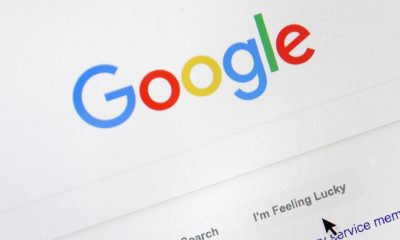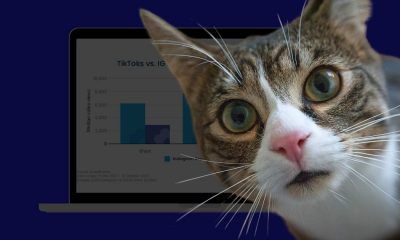SOCIAL MEDIA NEWS
Slack releases S-1
[ad_1]
David Paul Morris | Bloomberg | Getty Images
Stewart Butterfield, co-founder and chief executive officer of Slack Technologies Inc., speaks during an event in San Francisco, California.
Slack released its S-1 Friday, making it the latest in a highly-anticipated class of tech companies to file to go public. Slack will pursue a direct listing on the New York Stock Exchange under the symbol “SK.”
Here’s how Slack said it performed for the year ending January 31, 2019:
- Revenue: $400.55 million
- Net loss: $138.9 million
- Cash equivalents as of January 31, 2019: $841 million
Here’s how Slack reported its user base as of January 31, 2019:
- Daily Active Users (DAUs): Over 10 million
- Paid customers: 88,000, up 49% year over year compared to fiscal year 2018
- Paid customers paying over $100,000 based on annual recurring revenue (ARR): 575, up 93% year over year compared to fiscal year 2018
Slack spent $9.7 million on sales and marketing during the year ended Jan. 31 2017 and $8 million the next year. But the company has since pared down this spending to just $2.7 million in fiscal year 2019. Slack expects to continue spending on sales and marketing, listing these areas as part of its growth strategy.
“We believe our market remains underpenetrated and we will continue to expand our marketing and sales efforts to reach more users and organizations and to increase the number of paid customers,” Slack wrote.
The company will offer two classes of shares that will consolidate voting power among its top shareholders with Class B stock. Class A common stock will be entitled to one vote per share, while Class B will be entitled to 10 votes per share.
Accel is the company’s largest shareholder at 24%, followed by Andreessen Horowitz with a 13.3% stake and Social Capital with a 10.2% stake. Slack CEO Stewart Butterfield owns an 8.6% stake in the company and SoftBank holds 7.3%.
Under its risk factors, Slack said it may need to establish costly systems to keep in compliance with new data laws including the European Union’s General Data Protection Regulation. Slack said it may deem it necessary to set up systems that can maintain personal data from areas protected by this regulation, which could divert resources from other parts of the business.
Slack follows several tech companies that have already debuted on the public market in 2019, including Lyft, PagerDuty, Pinterest and Zoom. Uber has also released its S-1 and is expected to go public in a few weeks.
Subscribe to CNBC on YouTube.
Watch: In-depth interview with Slack CEO Stewart Butterfield
[ad_2]
Source link













